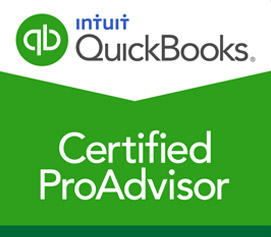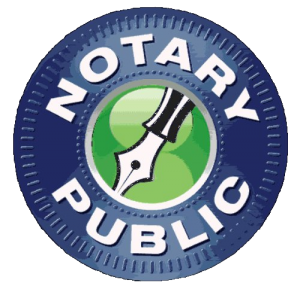If you’re a business owner or an independent contractor, you already know how much paperwork goes with owning and running a business. Not only do you have to keep track of sales forecasts, operating expenses, and incoming revenue, but you also have to handle marketing, advertising, and PR. And you have to make sure your taxes get done on time.
One task that often slips through the cracks is making estimated quarterly tax payments. As a business owner, you’re responsible for paying taxes on earnings that are not subject to withholding. These earnings include dividends, interest, self-employment income, and capital gains. Even your alimony may be considered taxable in this situation.
If your business is making money, the IRS wants to see tax dollars coming in each quarter. If you don’t make estimated tax payments throughout the year — or you’re not paying enough in estimated taxes on each payment — you’re subject to penalties.
Who Has to Pay?
In a nutshell, if you’re self-employed or own a business as a sole proprietor, partner, or S corporation, you must pay estimated taxes. If your business is a corporation, the IRS requires you to make estimated tax payments if you expect to owe $500 or more in taxes at the end of the year. If you’re a sole proprietor or partnership, the threshold is $1,000.
Figuring Out What You Owe
If you’ve been in business for several years, figuring out estimated taxes is fairly straightforward. Just base it on the total amount of taxes you paid the previous year. Divide that number by four, and you have your quarterly payment amount.
If this is your first time paying estimated taxes, figuring out what you owe is a little trickier. You’ll have to estimate how much income you’ll have earned at the end of the year and how much you’ll have in deductible expenses, and go from there.
Don’t worry if you don’t exactly hit the mark. The IRS will reconcile everything at the end of the tax year. If you overpaid, you’ll get a refund; if you didn’t pay enough, you’ll get a bill for the remainder.
Are Estimated Tax Payments Mandatory?
Estimated tax payments are mandatory for those who fit the criteria. Here are a few reasons to embrace the process rather than ignore it.
- Avoid sticker shock. If you’ve consistently made estimated tax payments, your final tax bill at the end of the year won’t be as much of a shock. You’ll have already paid a good share of what you owe. This is especially helpful for first-time business owners still getting used to being solely responsible for their income taxes. That first tax bill can be traumatic. It’s much easier to stomach if you’ve already paid most of what you owe.
- Understand cash flow. Making quarterly tax payments forces you to pay attention to how money flows in and out of your business. Many business owners don’t fully understand this process, and that can be detrimental to the company’s health. Making quarterly estimated tax payments forces business owners to pay attention to the details, managing expenses and cash flow carefully. And that leads to better success.
- Avoid paying more than you need to. The IRS will get their money one way or the other. You can’t avoid paying taxes. But you can avoid paying penalties on your taxes. Keeping up with quarterly tax payments as scheduled (in April, June, September, and January) helps you avoid the penalties that come with not paying on time. And that keeps more money in your pocket!
Need Help Figuring Estimated Taxes? Call Adams Accounting Solutions!
Adams Accounting Solutions specializes in small business tax preparation. We work with clients to determine how much they’ll owe in taxes and what they can do during the year to lessen the tax load. We can also help calculate how much they need to pay in quarterly estimated taxes to avoid future penalties.
Give us a call today to make an appointment to discuss your estimated tax situation. We’ll walk you through the process, answer questions, and get you pointed in the right direction to make your business a success!




